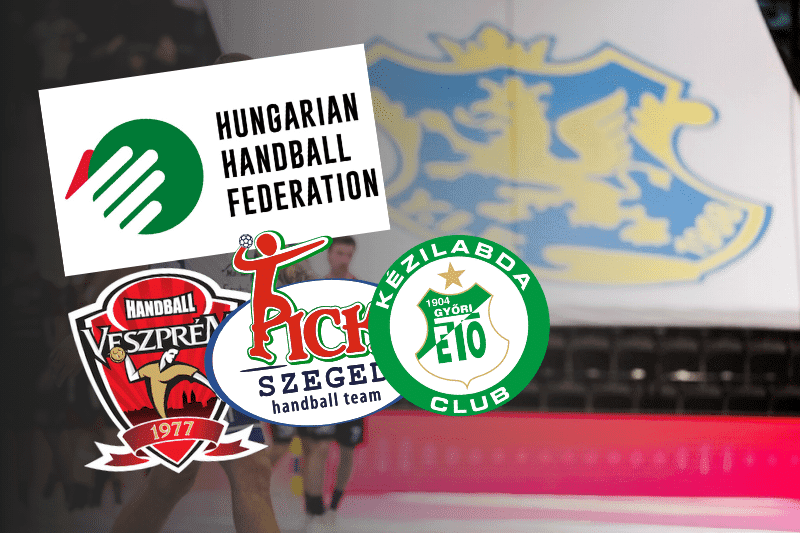A delegation from the Hungarian Sports Institute and national handball academies recently visited Ystads IF to learn from one of Sweden’s most respected youth development systems. Their visit offered new insights into how structure, patience, and trust can build sustainable success – even in a small-town club.
When representatives from Hungary’s handball academies, like Veszprem, PICK Szeged and Györi, travelled to Ystad in southern Sweden, the purpose was clear: to observe a club that combines long-term planning with deep community roots. For Maté Sebestyén, Handball representative at the Hungarian Sports Institute, Ystads IF provides “an excellent example of how a smaller town can run a competitive club at international level through a well-structured organization and a thoughtfully built youth development system.”
The visit was part of an initiative to give Hungary’s Sports Directors “first-hand insight into an international model that has been operating successfully for many years.” Sebestyén and his colleagues wanted to understand how Ystads IF integrates young players into senior teams and what professional and educational principles ensure the club’s sustainability.
Ystads IF chosen by the Hungarians
Ystads IF was chosen deliberately for the study trip. “It is one of the most important youth development centres in Swedish handball,” Sebestyén explains. “Over the years, the club has produced numerous national team players while maintaining its family-like atmosphere and strong connection to the local community. What inspired us the most is the club’s stability and long-term mindset – youth development is not treated as a separate entity, but as an integral part of the club’s overall philosophy.”
Even for Sebestyén, who has visited Ystad three times before, the experience once again confirmed what makes the club unique. “Everything is very well organized, yet the atmosphere remains warm and personal,” he says. “There is a strong sense of mutual trust between the young players and the coaches, and everyone clearly understands their role and responsibilities. This creates a calm and stable environment for development.”
What struck the Hungarian visitors most was “the club’s consistency and simplicity.” Sebestyén elaborates: “Every process is well thought out, yet nothing is overcomplicated – clear principles, defined roles, and stable daily routines guide their work. Player development is not only about handball skills but also about personal growth, behaviour, and taking responsibility within the team.”
Trying to find the right balance
The integration between youth and senior levels also left a lasting impression. “There is no strict separation between the two levels, and for the young players, the transition towards the senior team feels completely natural,” says Sebestyén. “It was impressive to see how long-term their thinking is. Even though Ystads IF won the championship last season, everyone accepts and understands that this year the team is much younger, and therefore the goals are different. The main focus is now on giving opportunities to homegrown players.”
For Hungary, where the competitive spirit is particularly strong, that calm and patient approach offered valuable perspective. “The biggest challenge is finding the right balance between achieving results and developing players in the long term,” Sebestyén reflects. “It’s important that young players are given the space to make mistakes, to learn, and to grow in a supportive environment.”
Beyond professional insight, the visit also strengthened international connections. “We met open-minded, supportive, and inspiring professionals who are genuinely willing to share their knowledge,” Sebestyén says. “We would be delighted to welcome representatives of Ystads IF to Hungary in the future – such an exchange would certainly be valuable for both sides.”
Asked what he personally takes home from Ystad, Sebestyén sums it up simply: “The patience, consistency, and trust in the process were truly inspiring. You can really feel that everyone at the club enjoys what they do, and that positive energy directly influences the players as well. What makes Swedish handball culture stand out is its calmness and clarity – everyone knows exactly why they do what they do, and no one rushes the process. Success is seen not as the goal, but as the natural result of consistent work.”
